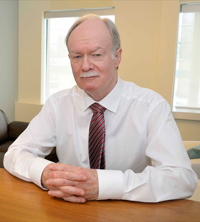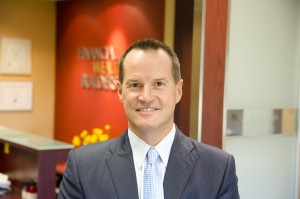
By Patrick McKeough, TSI Network.ca
Special to the Financial Independence Hub
Some investors believe that market timing—trying to figure out if the market will rise or fall—is or can be an aid to their investing decisions.
However, most investors who try to time the market find that it costs them money in the long run. When it works, it may help them make some modest profits or avoid some modest losses. When it fails, on the other hand, it often does so in a bigger way. At times it leads to ghastly losses.
The key risk in market timing is the “false signal.” That’s when the market does exactly the opposite of what the timer expected. In fact, some false signals may seem like sure things until they fail.
Danger of false signals
Market timers may multiply the danger from false signals by making much bigger transactions than usual. They can also raise their risk by shifting to more aggressive and highly leveraged forms of trading — delving into stock options or futures trading, for instance.
Right now, some investors are venturing into market timing without realizing it. They are trying to base investment decisions on the next movement in interest rates. Continue Reading…







